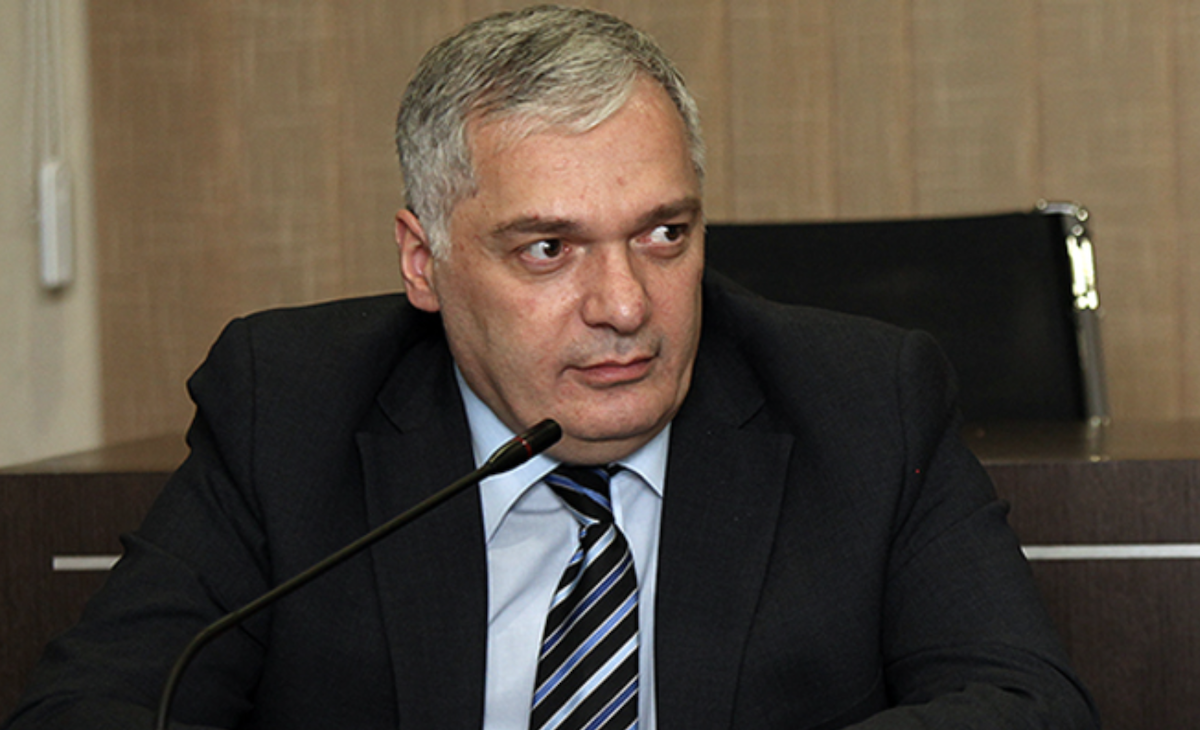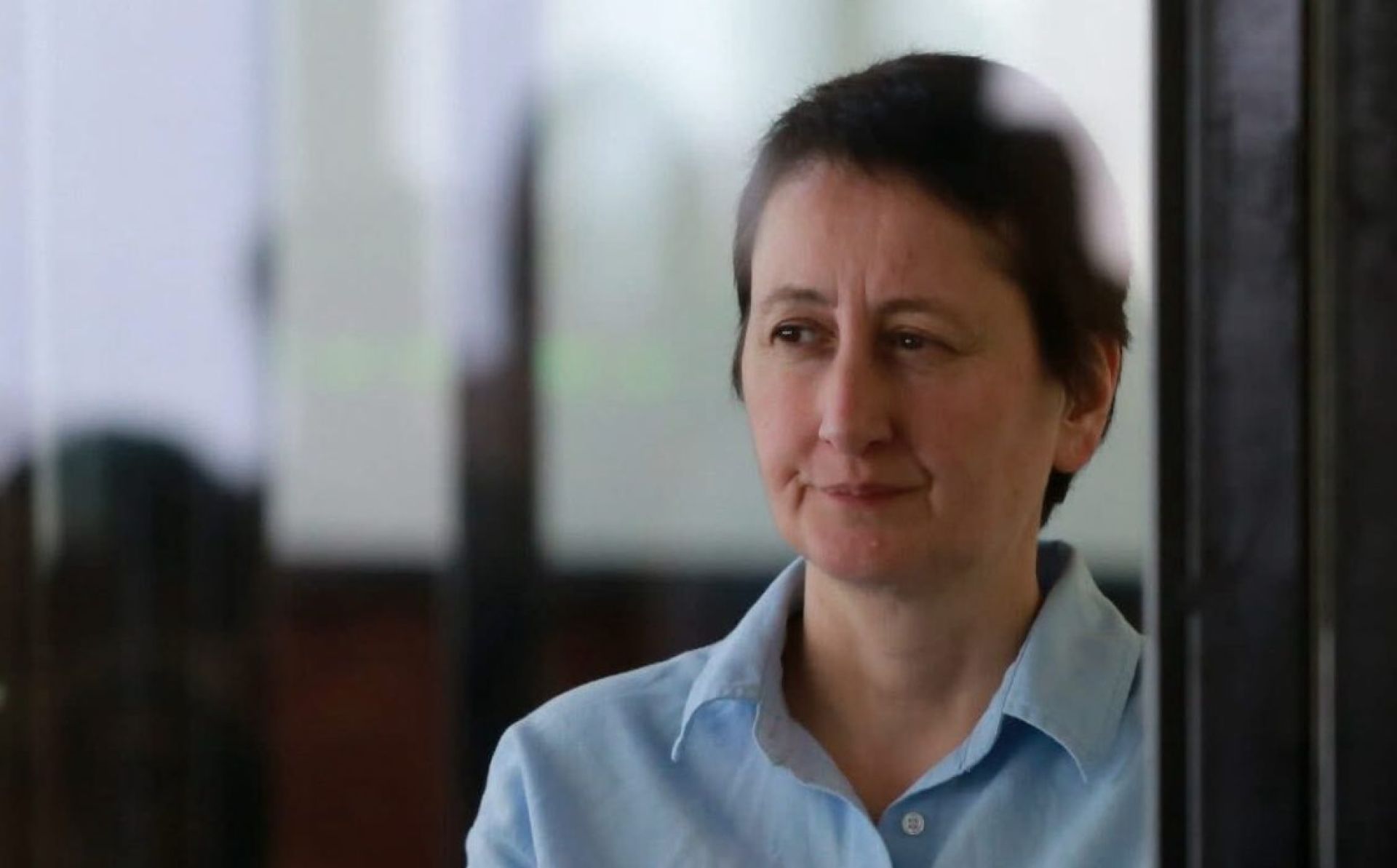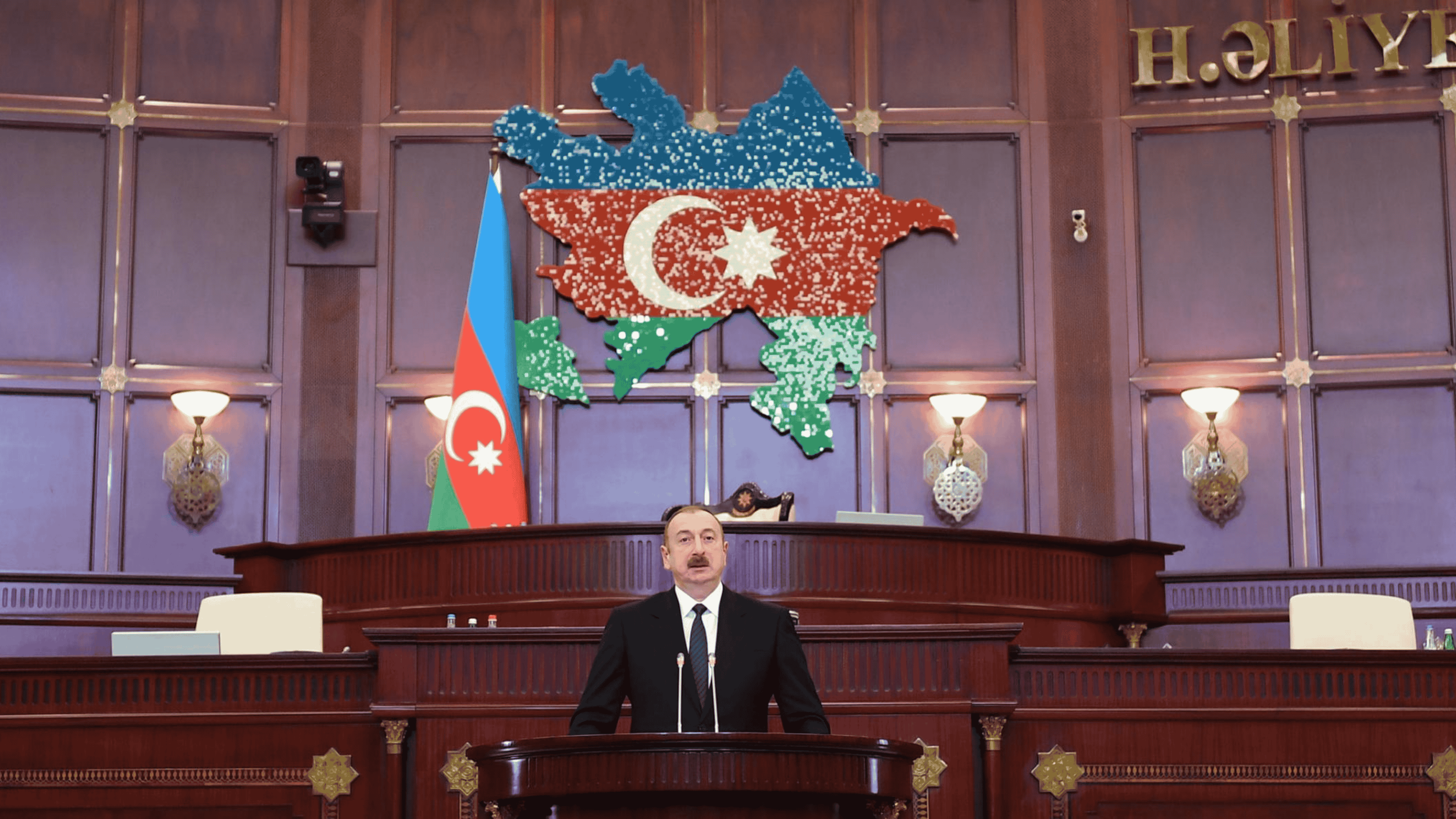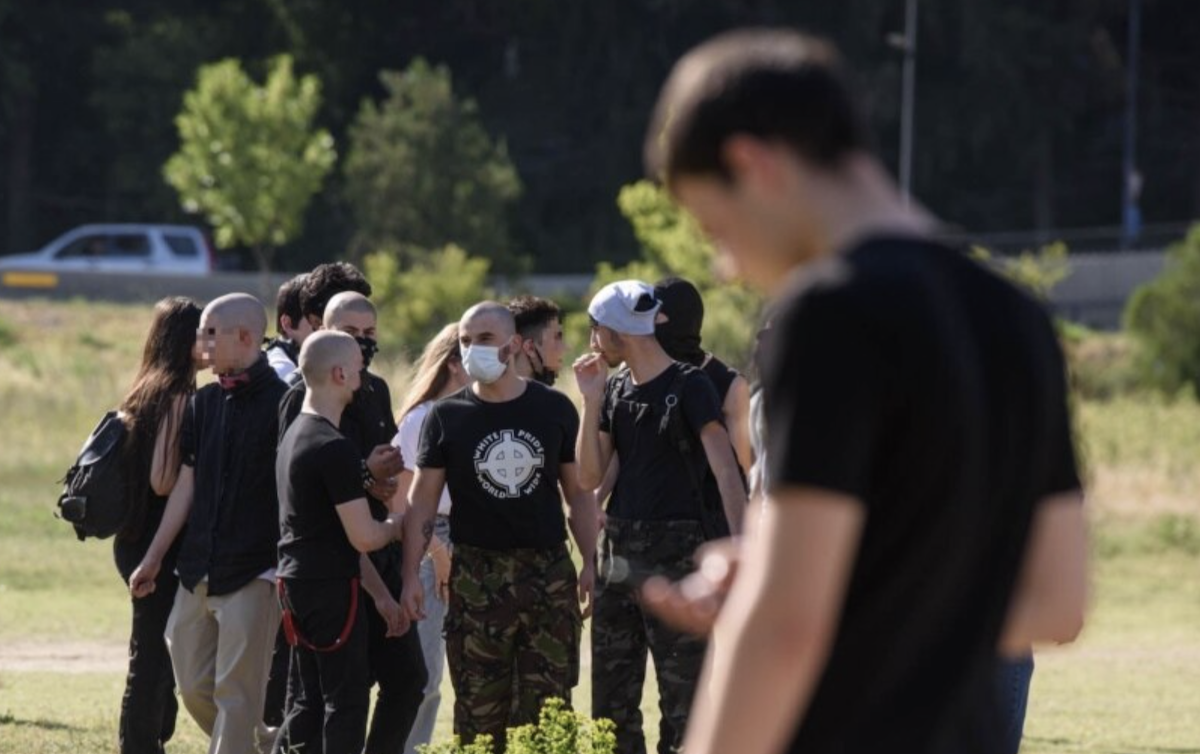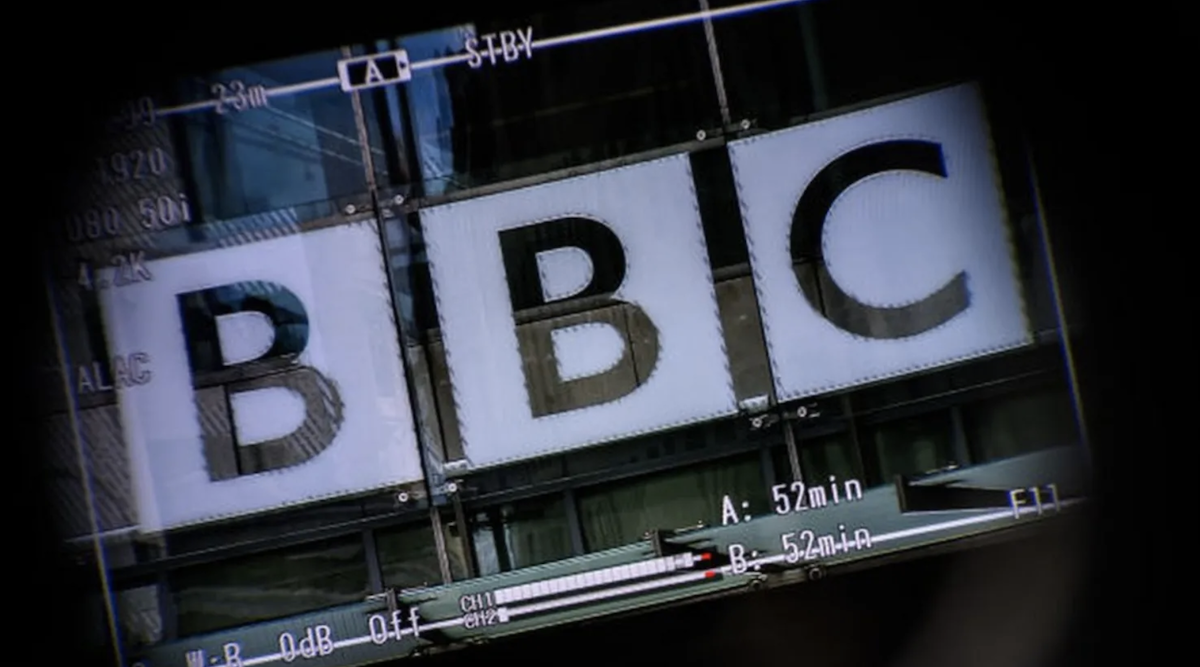Share














Most read
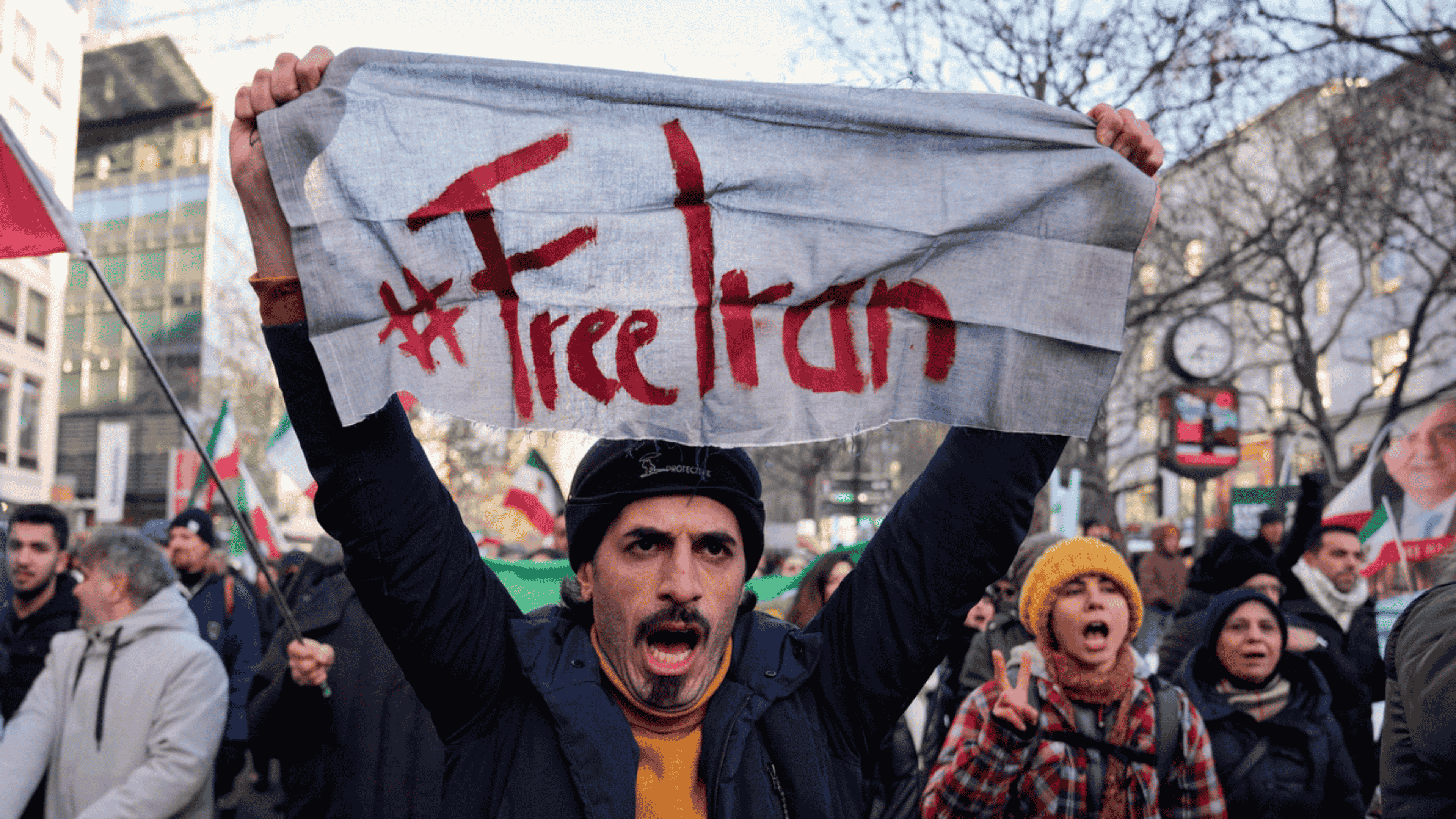
Why Azerbaijan is seen as threat to Iran amid ongoing protests
‘Attempt to justify use of force’: Armenia reacts to Russia's state TV host's threats
Georgia, Armenia and Azerbaijan among 75 countries facing temporary US visa suspension
Latest news in Georgia, Armenia, Azerbaijan, summary. Live
Four ethnic Armenians held in Azerbaijan jails handed over to Armenia
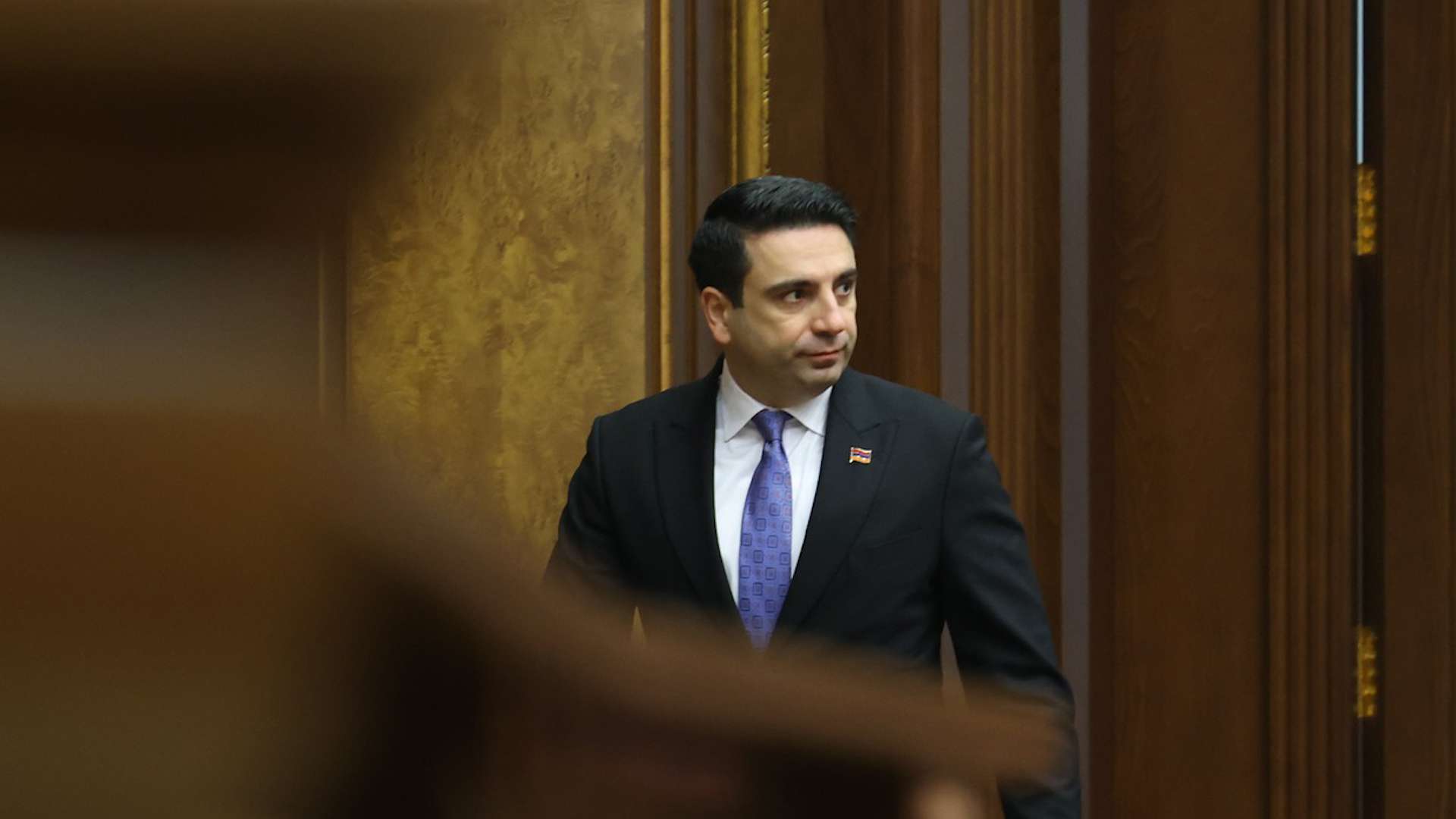
“We have mutually closed the page of enmity”: Armenian Parliament Speaker on relations with Turkey
The Meydan TV trial continues in Azerbaijan as one of the arrested journalists goes on hunger strike
Clooney Foundation: Mzia Amaglobeli’s trial fell short of fair trial standards
Changes to Azerbaijan’s Law on Information could become a tool for repression
Opinion: 'Armenia will restore rail links with Azerbaijan and Turkey – with or without Russia'
